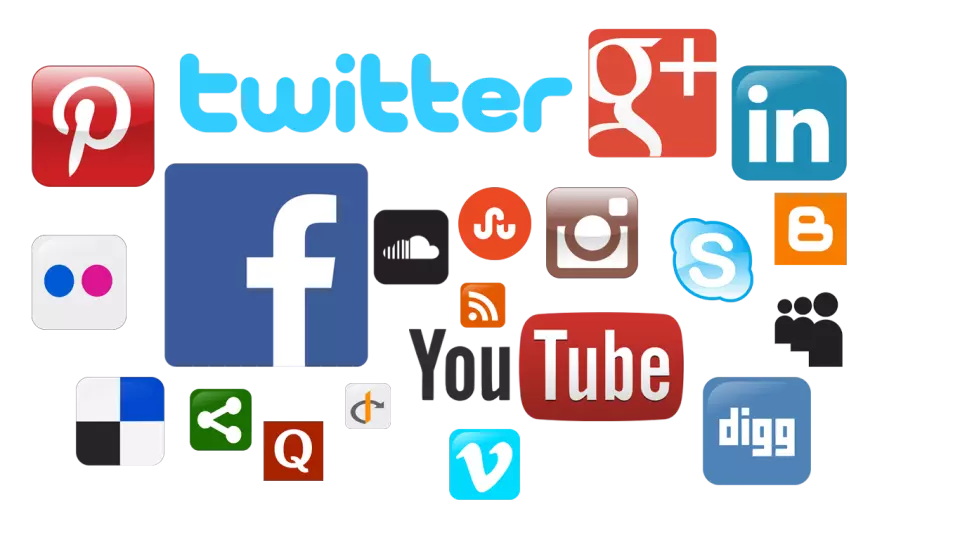
Explained: Why revised broadcasting Bill will call influencers ‘broadcasters’
New draft of Broadcasting Services (Regulation) Bill, 2024 aims to unify traditional news media and people who post videos, podcasts or write ups on internet

Individuals including content creators on YouTube who upload videos, podcasts or write about current affairs including on politics would now be classified as ‘digital news broadcasters’ under a revised version of the Broadcasting Services (Regulation) Bill, 2024.
According to Hindustan Times, the government has shared with stakeholders the second revised version of the Bill which is set to replace the Cable Television Networks (Regulation) Act of 1995.
The Bill is currently in the public feedback stage. It needs to be cleared by the Union Cabinet before being tabled in Parliament.
About the Bill
The Bill was first introduced in 2023 as the Draft Broadcasting Services (Regulation) Bill, 2023 with an aim of regulating broadcast of news and current affairs.
As the draft Bill proposed to regulate content available on OTT platforms, it was being debated whether online content creators, not linked to traditional media or registered digital media, will come under the ambit of regulations imposed on the streaming platforms.
How is the new version of Bill different?
The new version of the Bill has clarified these doubts by bringing online content creators – who have shaped public opinion to a large extent over the past decades – under the ambit of the rules by categorising them as ‘digital news creators’.
Removing all ambiguities that the first version of the Bill had, the revised draft clearly defines who is a “professional” – a person engaged in an occupation or vocation – and what a “systematic activity” – any structured or organised activity that involves an element of planning, method, continuity or persistence – is.
Under the fresh draft of the Bill, “news and current affairs programmes” are defined to include “texts” besides the existing “audio, visual or audio-visual content, sign, signals, writing, images” that are “transmitted directly or using a broadcasting network”, the report said.
Who are ‘digital news broadcasters’?
According to HT, the Bill in its revised form covers all news and new content available online including videos, and analyses/explainers on social media, websites, newsletters and podcasts.
Therefore, people who upload videos, podcasts or write ups about current affairs on the online platform will be now categorised as ‘digital news broadcasters'.
How OTT broadcasting services will be defined now?
The definition of OTT broadcasting services – which earlier fell under ‘internet broadcasting services’ – has also been revised. This has been done to include not just streaming platforms like Netflix, Amazon Prime Video, Disney Hotstar etc., but also content creators under OTT broadcasting services.
In simplified terms, an influencer who has a substantial following (on Facebook, Instagram etc) or subscribers (on platforms like YouTube) and regularly posts content will be defined as a “professional” and will attract provisions of the Bill. A journalist who tweets on a regular basis will also be covered under rules of the law.
Due diligence for intermediaries
The revised version of the Bill has re-defined ‘intermediary’ in the context of programmes including social media intermediaries, advertisement intermediaries, internet service providers, online search engines and online marketplaces.
Under new provisions of the Bill, the government can allot different due diligence guidelines for social media platforms and online advertisement intermediaries.
The new rules also make it mandatory for all intermediaries to comply with the ‘legislation’ by providing “appropriate information, including information pertaining to the OTT broadcasters and Digital News Broadcasters on its platform” to the central government.
Non-compliance by any intermediary would invite exemption from liability for third party content as well as penal provisions under the Bharatiya Nyaya Sanhita, 2023, the Bill says.
What are the curbs on online advertising?
According to the HT report, the new version of the Bill also brings significant changes in regulation of online advertising.
The new Bill has created a category called “advertising intermediaries” responsible for buying or selling advertisement space on the internet or placement of advertisements on online platforms.
The rules also mandate all ads published on a website, social media or similar medium to confirm to the Advertising Code.
However, it doesn’t say who the complying party is – whether it is the ad creator, the intermediary that enables the sale of the ad space or the intermediary that displays it for the user.
The Bill also does not clarify is sponsored posts by influencers which classify as ads under the Consumer Protection Act, 2019 fall within the ambit of the Bill.

